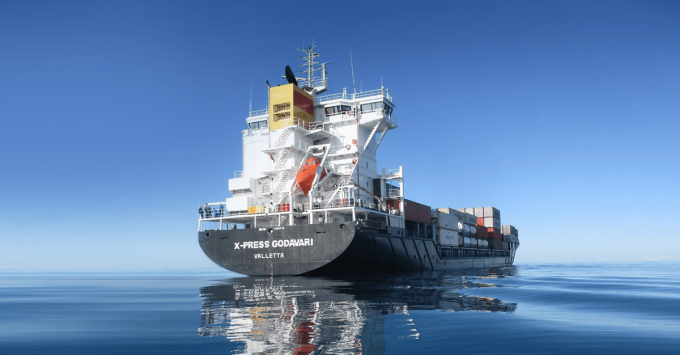Containership charter market feels the ripples from trade tensions
The charter market for containerships is diverging in response to the many pressures on supply ...

X-Press Feeders’ 14 methanol-fuelled newbuildings will serve European routes, the world’s largest feeder operator said yesterday.
At the Marine Fuels 360 Conference in Singapore yesterday, X-Press head of sustainability Alex Hartnoll, said the operator had chosen methanol as its decarbonisation solution due ...
Four crew members still missing as Wan Hai 503 continues to burn
Explosions and 'out-of-control' fire reported on Wan Hai box ship
Predatory rivals circle as the ripples from DSV's Schenker buy widen
MSC Elsa crew face criminal probe, as Wan Hai 503 firefighters battle on
'It's driving us mad', say forwarders as US court fails to end tariff turmoil
Transpacific rates ease as capacity boost proves too much for trades to digest
European port congestion easing – for now
CMA CGM 'testing the water' of the Suez Canal for more services

Comment on this article